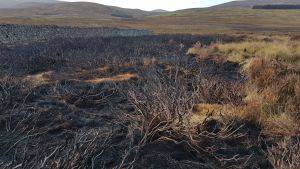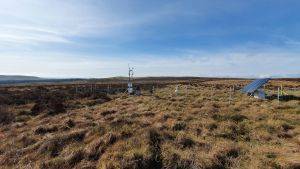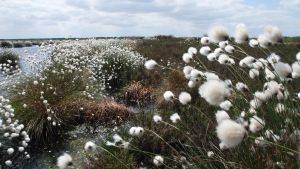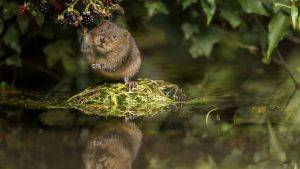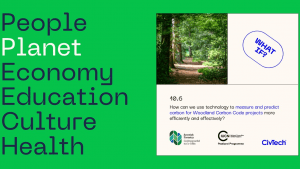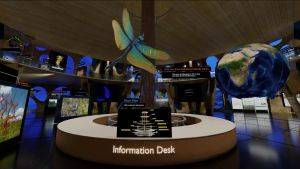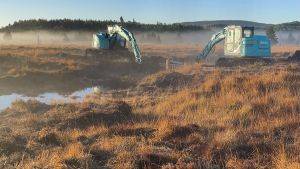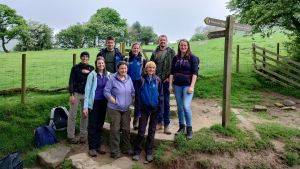We have come a long way as a partnership since the IUCN UK Peatland Programme was launched in Edinburgh and London six years ago. Looking back it is incredible to see how peatland work has grown from the various disparate strands, often frustrated by confusion and lack of information, to a huge network of projects with a common sense of purpose.
The quartet of policy, science, land management and business has left an important legacy with the Commission of Inquiry, the Peatland briefings series and our soon to be launched Peatland Code. We have seen peatlands being prioritised across international legislation and agreements and in the UK we have national plans under the umbrella of a Ministerial commitment to action on peatlands across the four countries. Just as important has been the building of a community of interest around peatlands through our annual conferences bringing together peatland projects and sharing experience.
It is no exaggeration to say we have entered a new era for peatlands. Instead of being considered the ‘Cinderella’ habitat they are recognised as offering nature-based solutions to global problems. The challenge now is to ensure that benefits to society are reflected in the support given to those who manage them well. Equally we need to ensure that the costs imposed on society by damage to peatlands are taken into account when taking decisions on new land use activities. The language of natural capital has helped in making these concepts ‘real’ to those driven by economic considerations whether its businesses or financial policy makers. At the same time, we have a fantastic array of peatland projects designed to engage people simply in the natural wonder of these incredible places.
Looking forward we are at an exciting time with the development of a major EU Life Integrated Projects bid for UK peatlands that would provide a focus and support for peatland work over a 10 year period from 2018 under the IUCN UK Peatland Programme banner. The real prize will be if this work can establish a lasting body to provide focus and direction on peatlands long into the future.
Individual projects continue to see success in securing funds through national and EU grants. With support from the business sector particularly water companies, we have a great range of sites helping strengthen and inform the partnership. Through the Peatland Code we hope to ensure more business supporters invest in a healthy environment through peatland management.
Thanks to a funding grant from SNH together with support from Defra, Welsh Government and partner bodies our new team will be working towards our three strategic objectives:
- Identify and promote mechanisms to provide long term funding for peatland restoration and on-going management
- Inform policy and legislation at international, EU, UK and devolved country level that ensures effective conservation and restoration of peatlands
- Provide focus and direction towards clear peatland goals and encourage information sharing/ consensus building on the benefits of long term secure peatland ecosystems.
Along with the Peatland Code we will be maintaining international links with the IUCN World Congress, Ramsar Committee, the Biodiversity Convention and other peatland groups such as Wetlands International and the International Mire Conservation Group to ensure peatlands get the recognition they deserve in policy making. We will continue to help build consensus on the science and promoting good practice on restoration and maintenance of peatlands, working with the broad range of land managing interests as well as those bodies that provide advice. We also want to take stock by working with partners to consider any other overarching needs that the IUCN UK PP could fulfil including plans for another conference in 2016.
Clifton Bain, Director, IUCN UK Peatland Programme

